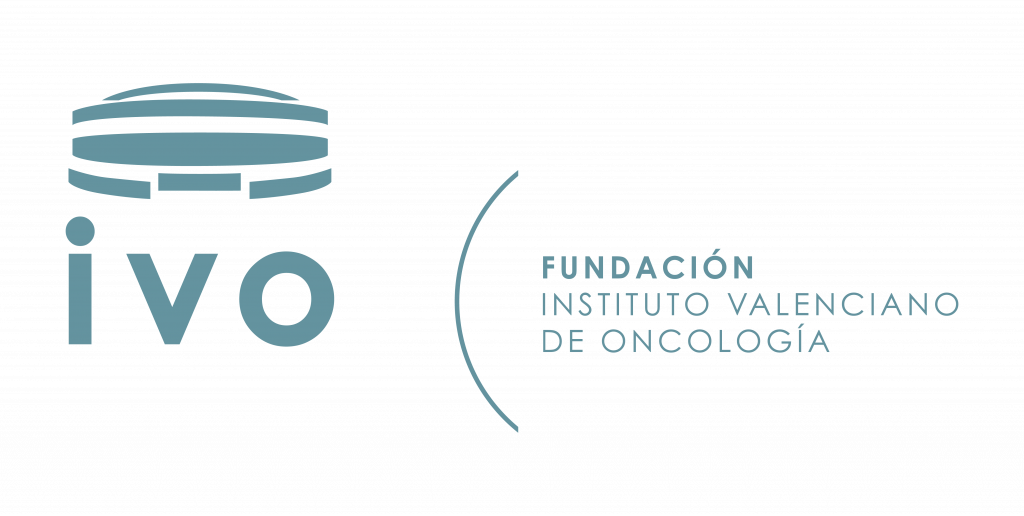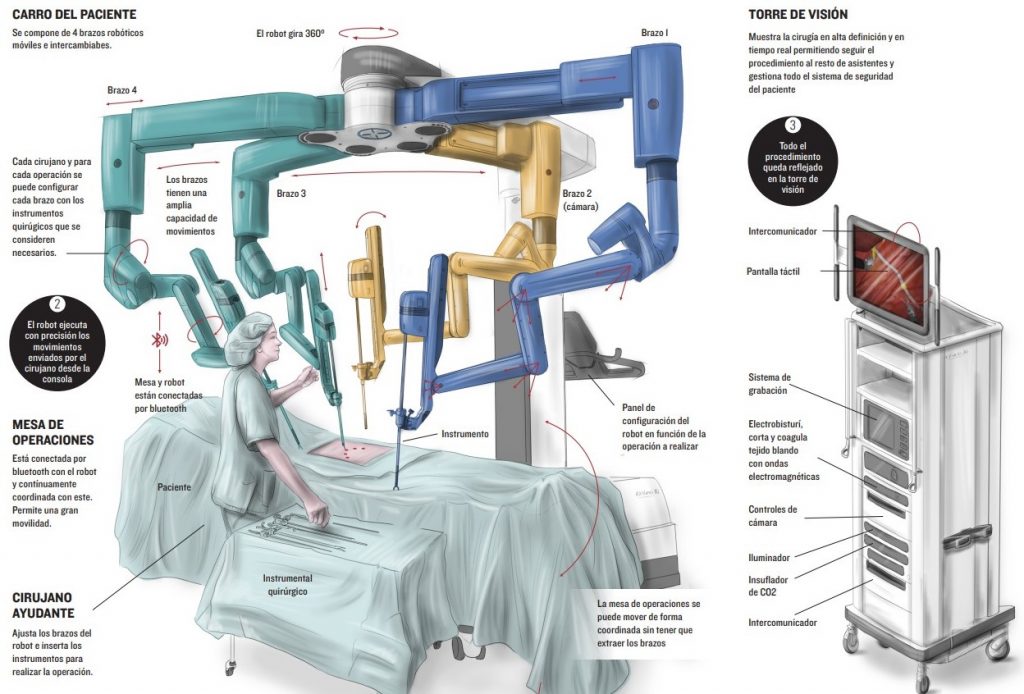Nowadays, the surgical resection of tumours is, in most cases, the cornerstone of multidisciplinary cancer treatment.
The IVO’s General Surgery Department offers a guarantee in the field of surgical treatment for breast, digestive system and soft tissue tumours
.The IVO’s General Surgery Department is structured into three well-defined areas: Breast Oncology Surgery Section, Digestive System Oncology Surgery Section, and Sarcoma and Other Soft-Tissue Tumours Oncology Surgery Section. This structure is complemented by the collaboration of Vascular and Plastic Surgeons.
The surgery service is also part of the Hospital’s Breast, Sarcoma and Gastrointestinal Tract Tumour Committees
The General Surgery Service at the IVO is structured in three well-differentiated areas
- Breast section
- Gastrointestinal Tract Section
- Sarcomas and Soft Tissue Tumours
Most of the procedures carried out are breast-conserving surgeries, without losing the integrity of the breast in the excision of the tumour.
By injecting isotopes in the tumour, in coordination with nuclear medicine, the sentinel node biopsy technique allows for the diagnosis and treatment of possible lymph node dissemination within the same surgical act. The IVO is an international leader in this technique. During a single surgical procedure, with the OSNA sentinel node analysis technique, the surgeons can find out about the state of the axillary nodes within just a few minutes, enabling them to decide the course of action to follow.
The team has extensive experience in oncoplastic breast surgery, managing to remove the tumour and, at the same time whenever possible, immediately reconstruct the breast.
The Breast Section, together with the Dermatology Service, has extensive experience in the surgical treatment of melanoma, along with sentinel lymph node detection and lymphadenectomy, when necessary.
This section addresses the full range of pathologies relating to gastrointestinal tract tumours, (oesophageal cancer, stomach cancer, colorectal cancer), as well as the surgical treatment of tumours of the liver, pancreas and bile ducts.
It also has extensive experience in treating eventrations of the abdominal wall, parastoma, and other complex eventrations in the aftermath of previous surgical treatments.
The Digestive Surgery section carries out its activity with the latest technical advancements in the field of minimally invasive surgery (laparoscopic and robotic surgery), in which it has extensive experience.
Part of the specialisation and training of the members of this section lies in the surgical treatment of metastatic disease (hepatic, peritoneal or abdominal wall). Liver surgery for metastases as well as peritoneal cancer surgery by means of cytoreduction and intraperitoneal chemotherapy, or HIPEC (CytoReductive Surgery + Hyperthermic IntraPEritoneal Chemotherapy), offer comprehensive treatment for patients with tumours in more advanced stages.
This section performs the resection of less-frequent tumours that require specialised treatment for them to be completely eradicated and to prevent them from recurring.
Da Vinci Xi Robotic Surgery
The Digestive Surgery section carries out its activity with the latest technical advancements in the field of minimally invasive surgery (laparoscopic and robotic surgery) in which it has extensive experience.
The IVO is equipped with the latest da Vinci Xi system, and is one of the few Spanish hospitals to have the complete set of equipment.
Cancer-related interventions are the most complex surgical procedures, and robotic technology offers great advantages for both the patient and the surgeon.
General and Digestive Surgery Service Medical Team
Head of Service
Heads of Section
Dr. Jorge Campos Máñez
Dr. Fernando Carbonell Castello
Dr. Giovanni Vento Maggio
Associated Doctors
Dra. María Caballero Soto
Dr. Marta Gisela Trallero
Dra. Ana Izquierdo Moreno
Dr. Vincenzo Maisto
Dra. Teresa Perez Perez
Dr. Alberto Rios Agudo




